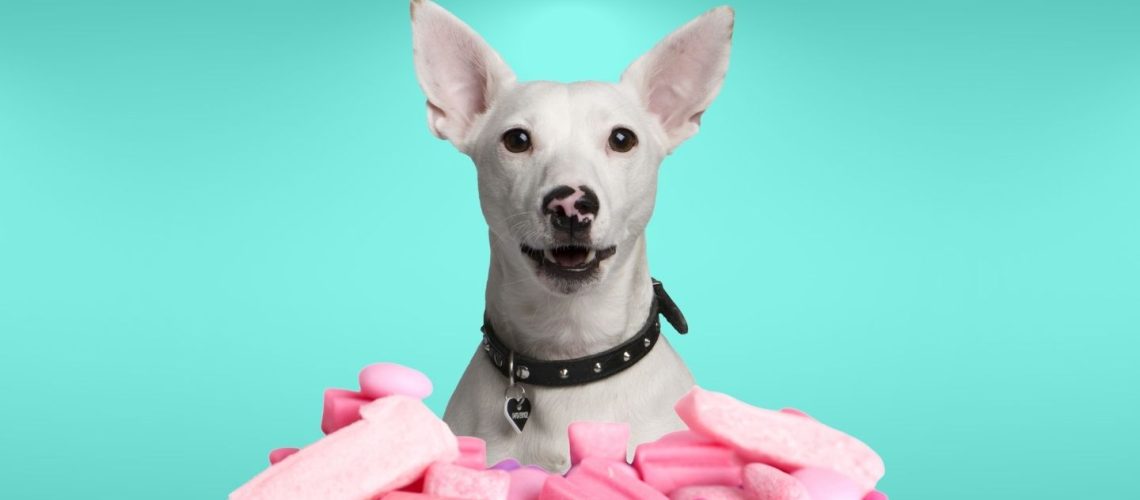The short answer is no, dogs should not eat gum. Gum can be harmful to dogs and can cause digestive issues. In this comprehensive article, we will explore the dangers of gum for dogs, how to prevent and respond to gum ingestion, and safer alternatives for your furry friend.
The Dangers of Xylitol in Gum
What is Xylitol?
Xylitol is a sugar substitute commonly used in sugar-free products, including gum. It has gained popularity due to its lower calorie content and dental benefits for humans.
Xylitol Toxicity in Dogs
While xylitol is safe for human consumption, it is toxic to dogs. Ingesting xylitol can cause a rapid release of insulin in dogs, leading to hypoglycemia (low blood sugar). This reaction is much more severe in dogs than in humans.
Symptoms of xylitol poisoning in dogs include vomiting, loss of coordination, and seizures. Long-term effects of xylitol poisoning can be severe and potentially fatal. It is important to avoid giving your dog any products containing xylitol.
Other Harmful Ingredients in Gum
Artificial Sweeteners
Beyond xylitol, gum often contains other artificial sweeteners that can be harmful to dogs. Some of these sweeteners may cause gastrointestinal issues, while others can be toxic in large quantities.
Artificial Colors and Flavors
Gum also contains artificial colors and flavors that may have negative effects on dogs. While the exact impact of these ingredients is uncertain, it is best to avoid giving your dog any gum to prevent potential harm.
Prevention and Safety Measures
Proper Storage of Gum
To keep your dog safe, it is important to store gum out of their reach. Suggestions for safe storage options include closed cabinets or high shelves that your dog cannot access.
Educating Family Members and Guests
Informing others about the dangers of gum for dogs is crucial in preventing accidents. Make sure everyone in your household and any guests who bring gum into your home are aware of the risks involved and the importance of keeping gum away from your dog.
Recognizing and Responding to Gum Ingestion in Dogs
Signs Your Dog May Have Ingested Gum
If you suspect your dog has ingested gum, watch for symptoms such as vomiting, loss of coordination, and seizures. It is important to monitor your dog's behavior and act quickly in case of gum ingestion.
Immediate Actions to Take
If you believe your dog has ingested gum, contact your veterinarian or an emergency animal hospital immediately. They may recommend inducing vomiting to prevent the gum from being absorbed into your dog's system. The sooner you act, the better the chances of a successful recovery.
Treatment and Recovery
Potential treatments for gum ingestion may include intravenous fluids, medications to control symptoms, and careful monitoring by your veterinarian. Helping your dog recover from gum ingestion involves following your vet's recommendations and providing a safe, supportive environment at home.
Safe Alternatives to Gum for Dogs
Instead of gum, provide your dog with dog-friendly treats and chews to satisfy their need to chew. It is essential to offer safe, healthy options designed specifically for dogs to avoid any potential harm.
Conclusion
In conclusion, gum is not safe for dogs and should be kept out of their reach. By taking preventative measures, recognizing the signs of gum ingestion, and providing safe chew alternatives, you can ensure your dog's safety and well-being. If your dog has eaten gum, remember to contact your veterinarian immediately to minimize the consequences of this potentially dangerous situation.











